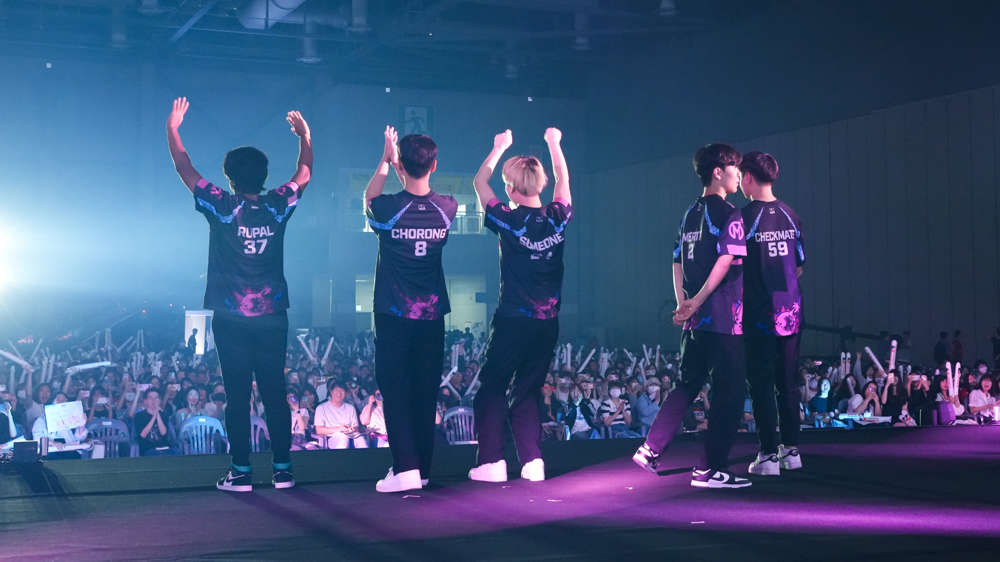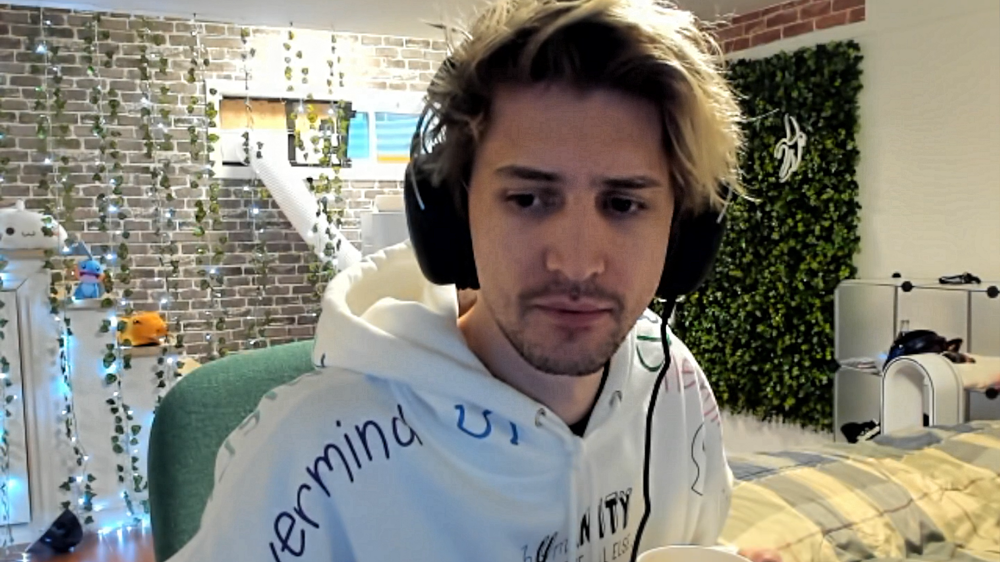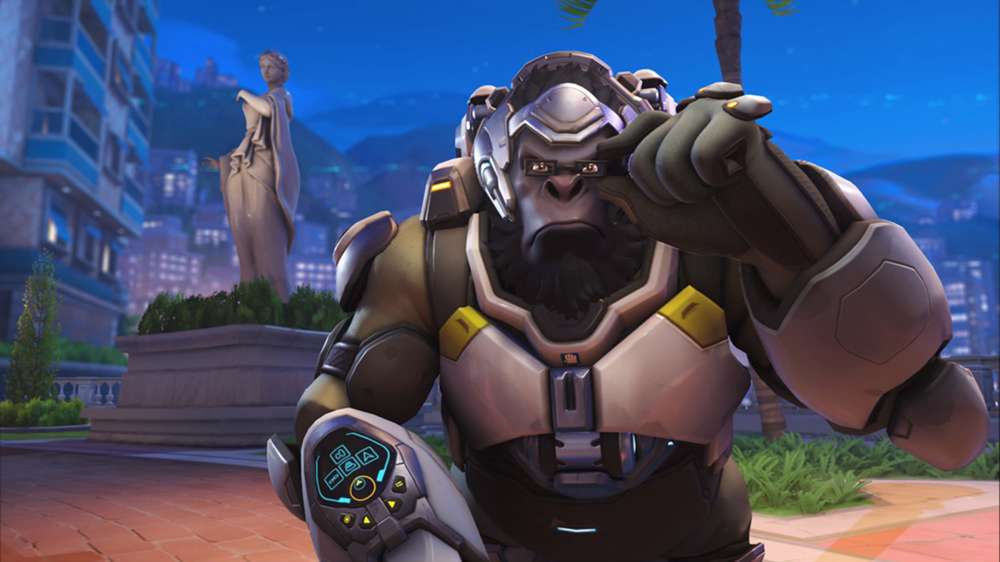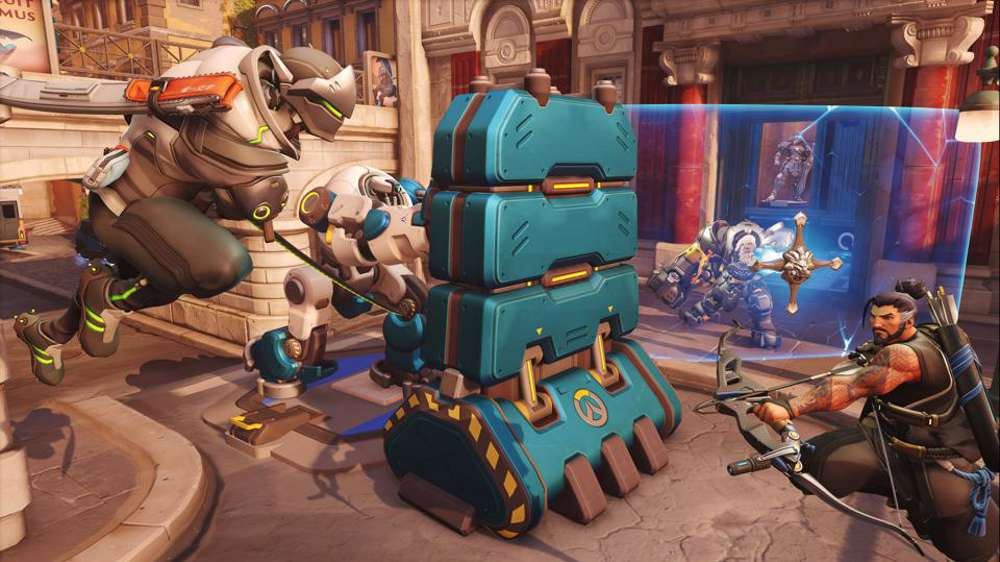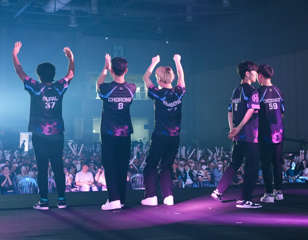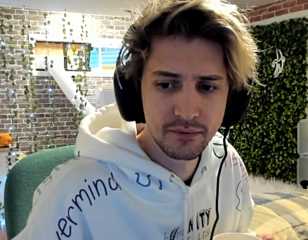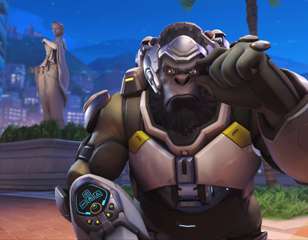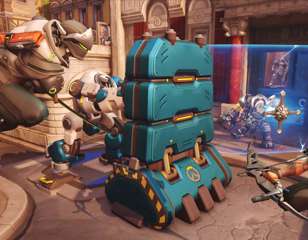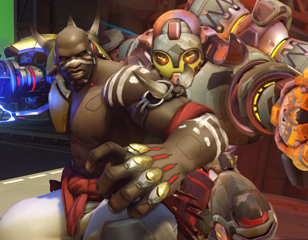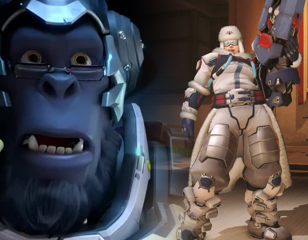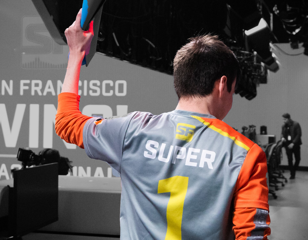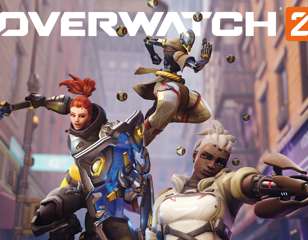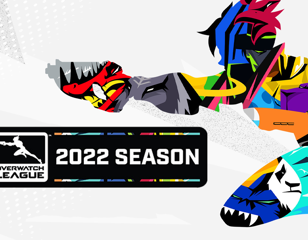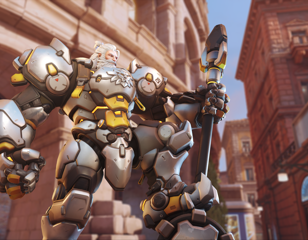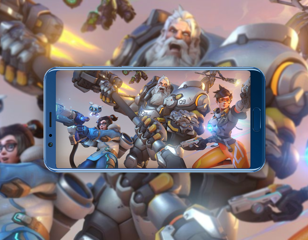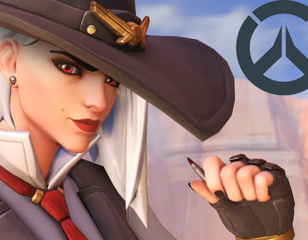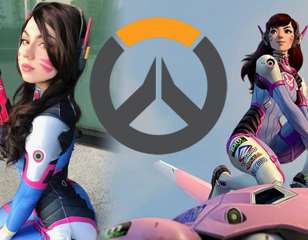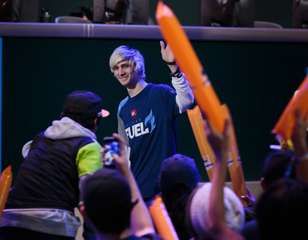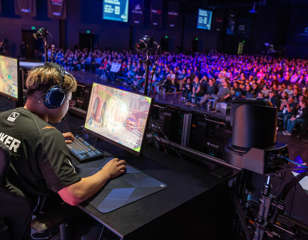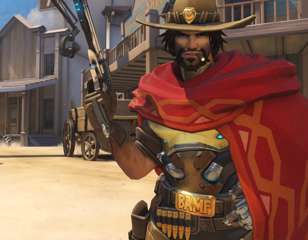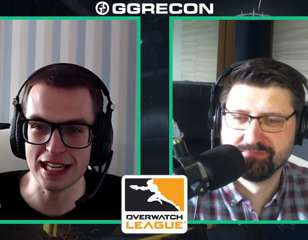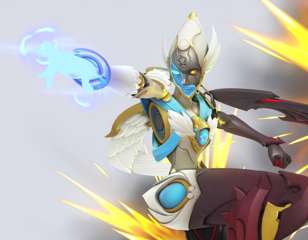When done right – A case for academy programs
GGIntel looks into the case for OWL academy teams, if they are done right.

Sascha Heinisch
14th Dec 2019 21:00
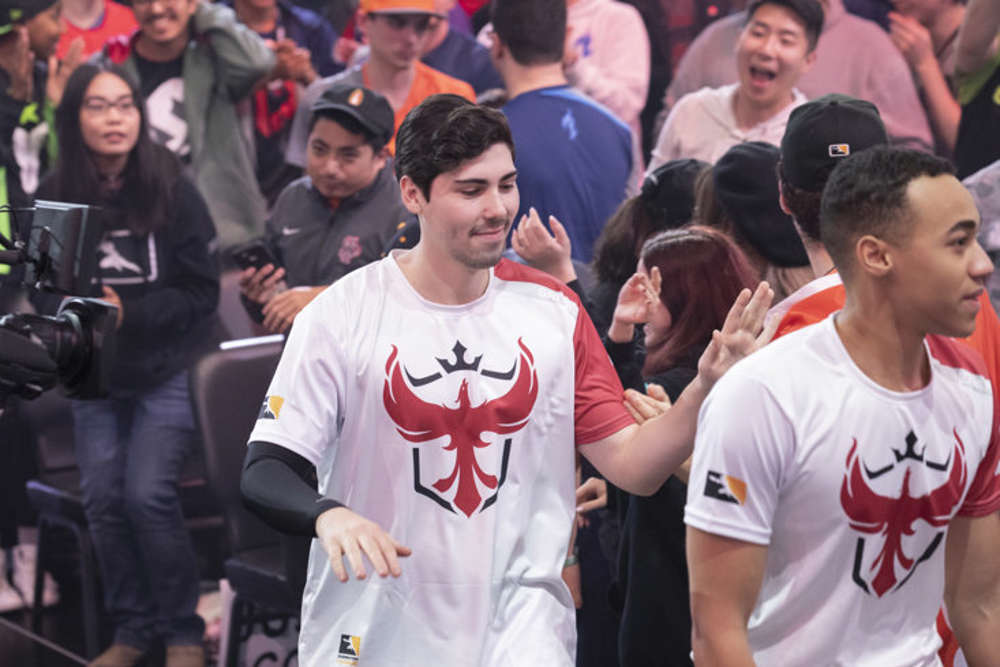
On Thursday, the New York Excelsior promoted their last academy player in Dong-Wook "BiaNcA" Kim from their academy team XL2. NYXL had used their developmental program in large parts as incubation chamber for top-tier, underaged Korean talent such as Yeon-Kwan "Nenne" Jeong and Yeon-Oh "Fl0w3R" Hwang with the goal to eventually promote them to the main team. Jun-Ki "Yaki" Kim could be counted towards that line of approach despite leaving for Korean Contenders team RunAway, possibly when it became clear that the team wouldn’t be needing his services in stage 4 in 2018.
The Excelsior had been vocal in stating that the value they derived out of their academy program through that approach had not been enough to justify the expenses. They set out to create a team of players from the tri-state area to garner attention from their home crowd. With a healthy mix of promising up and coming international talent and regional talent, XL2 managed to get to the Gauntlet and delivered a solid performance, upsetting Team Envy in a clean sweep in the lower bracket and landing them within top 6. Despite those achievements, only BiaNcA managed to snatch an OWL contract. With another season of no money being made from buyouts, the organization announced their hiatus from Contenders in November.
It’s one of the stories that lead to the public perception that the academy system is on its knees, not creating enough value for its continued existence. The paradigm makes it easy to look past the amazing success some Overwatch League teams have had with their developmental program and instead think of it as a failed system. And yet some teams have found ways to create value for themselves which eventually did transform into hard and approximately measurable positive numbers down the line. From developing potentially world-class talent, to keeping your two-ways warm for when it’s their time and even creating buzz for your brand, some teams have found a formula to make it work.
Development, Victories, Fame – Fusion University
With the declared goal of getting their players into Overwatch League, Fusion University is one of the most successful teams. To date, seven of their players have been signed to OWL contracts and two more were on two-way contracts with the main team. On top of their transfer success, FUni dominated the North American Contenders scene for a year and a half, winning four domestic titles plus the Atlantic Showdown. With 31-game win streak, Fusion University received press the magnitude of an OWL team for a while, even garnering mainstream attention. Players like Elijah Hudson "Elk" Gallagher became popular personalities within the Overwatch community and clips of Kyungbo "Alarm" Kim’s overtime clutches were frequently hitting the competitive Overwatch subreddit’s frontpage.
Not just the quantity, but the quality of the talent coming out of the Fusion’s academy program is arguably the highest out of any academy team, though they’ll have to admittedly prove themselves first in OWL. The caliber of Se-Won "BERNAR" Shin made the trade for a superstar like Jun-ho "Fury" Kim possible in the first place. Internally it is communicated that the promotion of Alarm inspired confidence in Jae-Hyeok "Carpe" Lee to resign with the team for another three years.
As a direct result of their strong academy program, the Philadelphia Fusion stands among the favorites for the season 3 title.
The full package - ATL Academy
The second shining example of a successful academy program comes from Atlanta. Throughout last season, the Reign kept their Academy team close and invested serious coaching resources, at times even from the main team. As the result of their efforts, ATL Academy landed an impressive second place at the Gauntlet, was able to be a serious practice partner not only for the main team but even for the two Overwatch League finalists, and produced two high caliber players who they promoted to the main team for season 3 of the Overwatch League.
Atlanta Reign head coach Brad "Sephy" Rajani explained that ATL Academy was used as a comprehensive scouting ground for potential main team players to find out more about them as teammates and people to assess if they were made for the harsh Overwatch League environment. Moreover, he shared that the academy team proved to be a solid practice partner for the main team. Most importantly, an academy team would be willing to run specific setups in preparation of an Overwatch League match at a high level. The additional information gained by honest insight into a player’s behavior and to have quality practice partners plus the chance to keep two-way players practiced in case they are required on the main team are elements that even an affiliated team wouldn’t be able to provide at the same quality. Atlanta Reign also look to be one of the best teams going into the 2020 season as a direct result of their academy involvement.
Insufficient Numbers despite decent success
Few teams have been able to make use to the extent that the Fusion and the Reign have done. Some teams, like NRG Esports, the former academy program of the San Francisco Shock, have excelled in scouting talent, having had 9 of their former players now promoted to the Overwatch League. Despite getting additional value by being able to incubate Dong-Jun "Rascal" Kim to secure him for a start in season 2 - a move that paid off tremendously for their championship campaign - NRG esports, too, has closed its doors last summer. By the same token, the now closed Mayhem Academy also has 6 players with Overwatch League contracts to show for themselves, with only Russell Campbell not getting an offer for the upcoming season. Some success is there, but integration into the entire franchise is lacking.

The Korean Competition
It seems that many of the Overwatch League teams see Korean contenders as their direct competition for their academy programs. With an ever-increasing amount of South Korean Contenders talent entering the Overwatch League, it appears easier to simply pay the buyouts for the talent than to develop them themselves at a risk.
According to insiders privy to the finances of Korean Contenders, teams there are running in the red for the majority of the calendar year ever since the league moved away from offline competition. As a result, the teams rely on the buyout of their players to turn a profit and especially the most successful teams like RunAway and Kongdoo have been said to have made a solid return on their investment. Because of low salaries and cheaply provided living situations in team houses, the investment of an owner of a Korean team was many times lower than that of Academy teams in the Western world with a higher chance of being able to sell off talent.
Counter arguments
With the success of South Korean imports in the Overwatch League especially on teams without their own academy team, the case seems shut on academy programs. Too high is the investment for too little payoff in the current market is the understanding that many Overwatch League franchises share. Especially with the possibility of running a 12-man roster and therefore having constant access to two teams for scrims, it appears hard to argue in favor of academy teams.
However, especially during a time of extended travel and consequently falling levels of play for Overwatch League teams because of limited practice opportunities, I’d argue that Contenders teams will close much of the level of play gap in 2020. As such, it could soon become more beneficial to play against the best Contenders teams rather than bottom to mid-tier OWL teams that happen to be with you on the road. Even still, the availability of those top Contenders teams could also be limited as they book blocks against the best available OWL teams, leaving mid-low tier OWL in the dust. A top tier academy team would be much more adaptable to the main team’s requirements in terms of practice schedule and the types of drills the teams want to run against each other.
Perhaps it should also be considered that teams with a low enough latency to scrim Korean Contenders teams for most of their season schedule have a significant practice advantage and letting your local scene deteriorate could eventually end up biting you. After all, already around half the teams have conducted bootcamps in Korea this off-season already. The decline in overall level of play through a lack of resources and attention in the other region’s Contenders scenes could lead to an exacerbation of the issue.
Moreover, as described in Fusion University’s and Atlanta Academy’s case, fielding an academy team is also an investment into the future of your team in future seasons by being able to comprehensively assess a candidate for their skills and resilience in an ever more burn-out inducing environment.
The impact of a lack of resources in the non-Korean regions will not be immediately felt by Overwatch League franchises this season or perhaps not even the next, even though it is very much lived in the tier 2 scene right now. The best 16-year-old talent is making the decision of which game to invest their time into right now and without any attention given to them, it will not be Overwatch. Eventually, however, the decision to axe tier 2 support will ripple throughout the scene and will have to be forcefully resolved with hard import rules, a a chunk money and a lot of public relations efforts to smooth those events over.
Main image credit - Robert Paul | Blizzard Entertainment

About The Author
Sascha Heinisch
Sascha "Yiska" Heinisch is a Senior Esports Journalist at GGRecon. He's been creating content in esports for over 10 years, starting with Warcraft 3.
